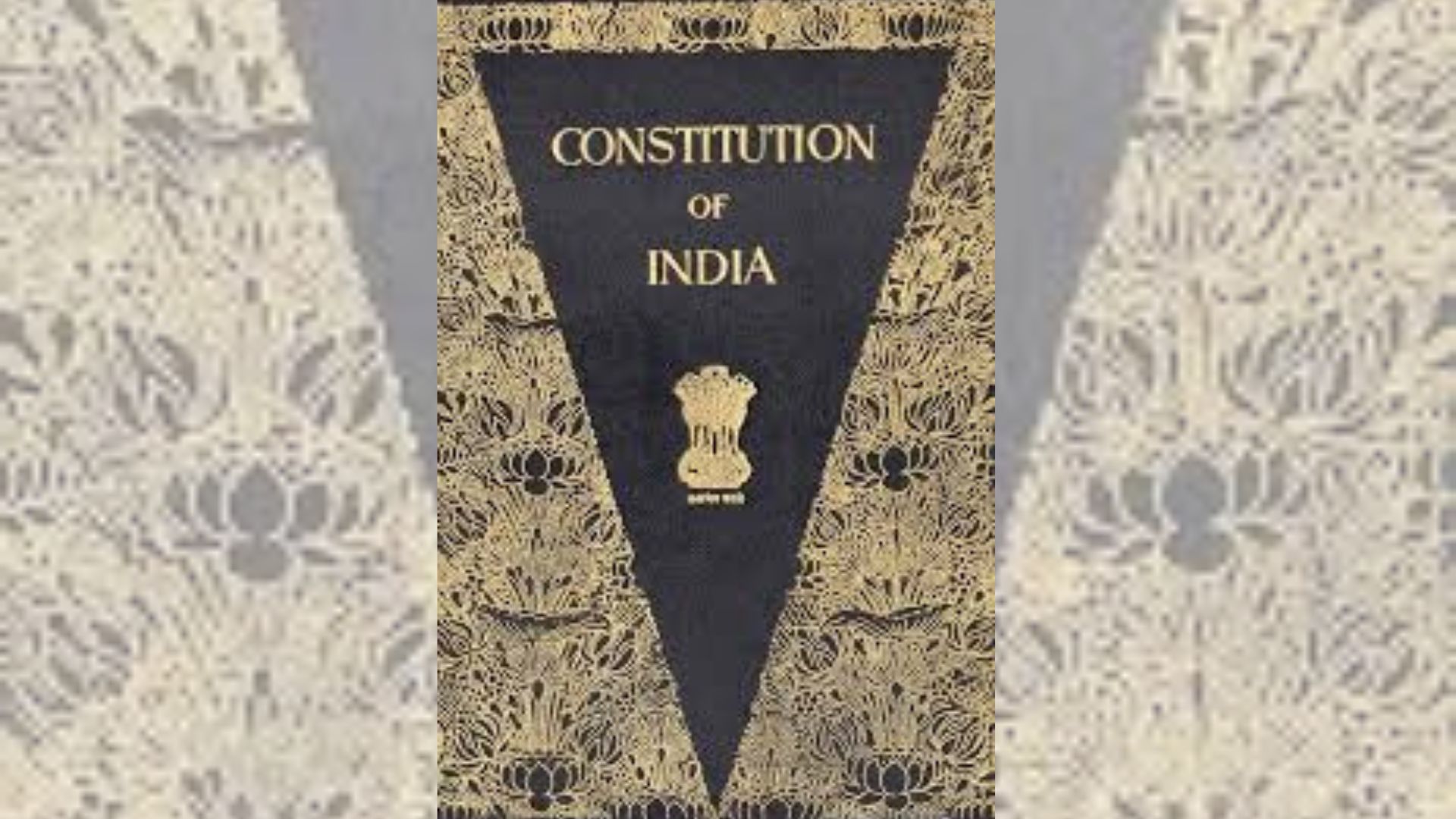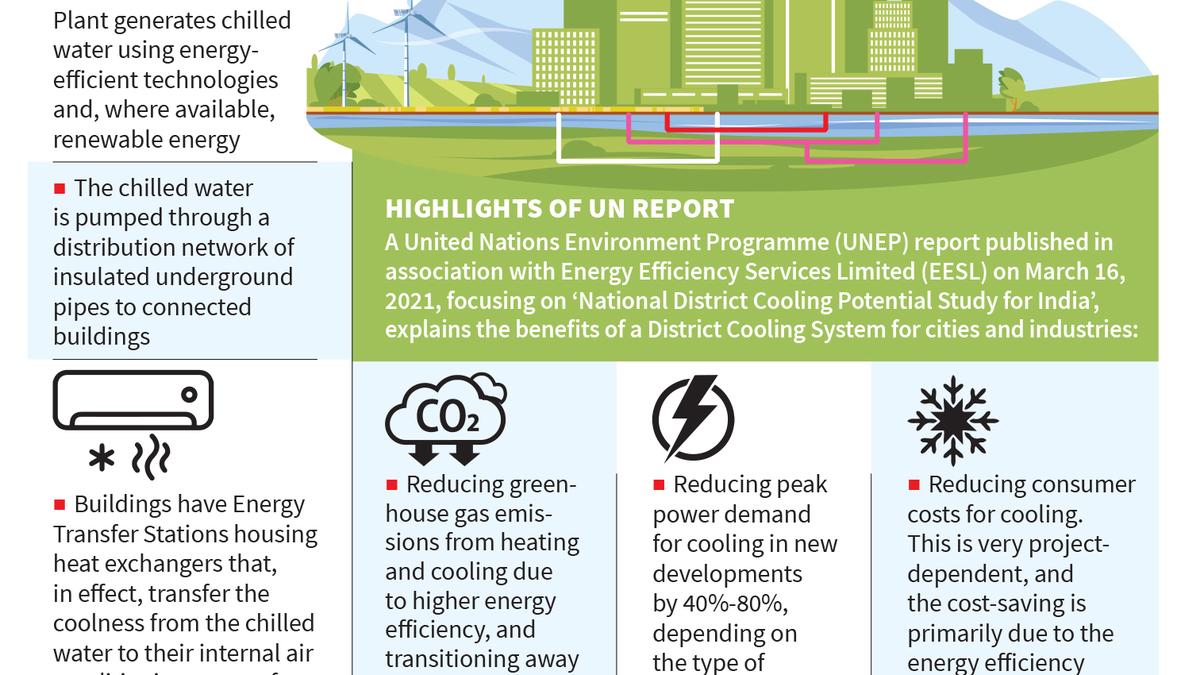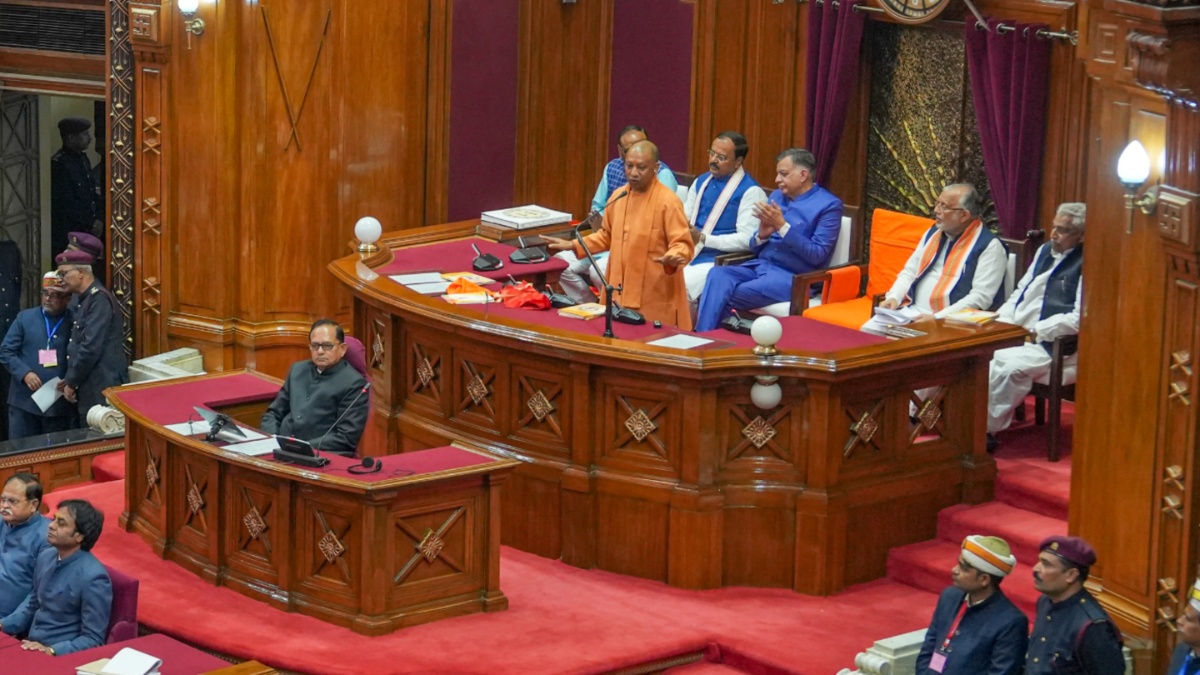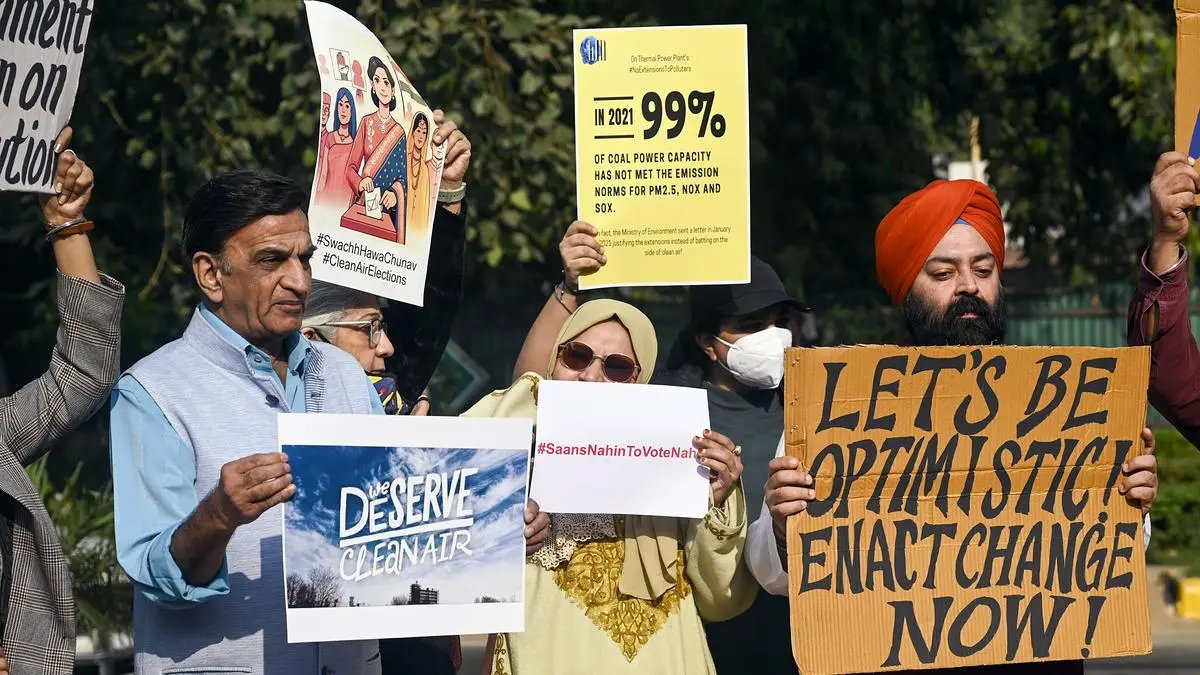
Unlocking climate action in Indian federalism
Hindustan TimesIndia’s unusually centralised form of federalism presents unique challenges to climate action. The central government holds fiscal powers and bureaucratic capabilities more potent than the states, and the ability to set the agenda in many realms of climate policy. But the states are solely responsible for many sectors crucial to climate governance, play an indispensable role in crafting appropriate political conditions for implementation and, crucially, in innovating to set policy examples for national emulation. Addressing climate impacts and engaging in sustainability transformations across states with different capacities and levels of development underscores the need for an equalising Centre, not least, a central government making pledges in the international arena must work with the states to develop and implement policy if these are to be effectively implemented across Indian states. Second, the strategic space for states to build bespoke plans was constrained by a lack of capacity and the normative influence of the National Action Plan on Climate Change that immediately preceded the SAPCCs.
History of this topic

CCPI 2025: Teaching students about India's climate policies and challenges
India Today
India’s stand against inadequate climate finance at COP29
Hindustan Times
COP29 and reducing climate leadership: What India can do
Hindustan Times
India Voices Concern Over Climate Finance at CoP29 Baku Talks
Deccan Chronicle
COP29: India demands climate justice, criticises unmet $100 billion finance pledge
India Today)
COP 29 in Baku begins amid ‘Trump dilemma’: India should tread carefully
Firstpost
Trump 2.0: What's At Stake For Climate Policy And It's Impact On US-India Cooperation
ABP News
India Needs a Green New Deal: A Holistic Approach to Sustainable Development
Hindustan TimesA climate crisis agenda remains urgent
The Hindu
Why India must prioritise women in climate action
Hindustan Times
Establishing a carbon market
The Hindu
Delhi govt to overhaul climate action plan
New Indian Express
Climate debate: Criticism of the Economic Survey misses the forest for the trees
Live Mint
India mustn’t lose time on a climate finance taxonomy
Live Mint‘International Cooperation is Required to Fight Heatwaves’: Climate Scientist Indu. K. Murthy
The Hindu
Time for India’s budget to devote enough space for climate action
Hindustan Times
Unheeded priorities of climate action
New Indian Express
The shape of a five-year climate agenda for India
The Hindu
Climate change a top priority for India's Gen Z voters. Are parties listening?
India Today
Climate litigation gets shot in the arm, climate justice is not far behind in India
Hindustan Times
Climate crisis impacts citizens’ right to life: Supreme Court
Hindustan Times
Environmental federalism crucial for climate action
New Indian Express
Why climate justice should be the core of global policies | Explained
India Today
‘Cities at centre of climate discussion for first time’
Hindustan TimesShould India set a higher bar to address climate change? | The Hindu Parley podcast
The Hindu
Equity and climate justice must be basis of climate action: India at COP28
The Hindu
Climate diplomacy must begin at home
Hindustan Times)
COP28: Why India's role is pivotal in climate justice and finance
FirstpostThe shape of climate justice in a warming India
The Hindu
Driving the G20’s climate agenda: Priorities for India’s presidency
Hindustan Times
How India’s climate leadership is building a better future for all
Hindustan Times
India's vision for climate justice: COP28 and beyond
Hindustan Times
India, the world's most populated country, is on track to achieve its climate goals: report
Salon
India’s climate crisis susceptibility and the way forward
Hindustan Times
A look at nature-based climate solution
Hindustan Times
Why It Matters | Most Indians want immediate action by government to tackle climate change
The Hindu
Heatwaves are preventing India from achieving development goals: Study
Live Mint)
At G7 ministers' meet, India stresses need to address climate change in tandem with environmental action
Firstpost
India and Africa leverage climate diplomacy
Hindustan Times
India’s heat action plans exclude the most vulnerable: Report
Al Jazeera
Without action plans, India’s poorest will continue to bear brunt of heatwaves: study
The Hindu
Climate-proofing India’s socio-economic trajectory
Live Mint
MNLU: Call For Chapters For The Book "Climate Change Crisis: Assessing The Actions For Future"
Live Law
Tackling climate change top priority for India Inc, finds Deloitte report
India Today)
Climate justice for all, by all: Multi-sectoral framework for optimal public health outcomes
Firstpost
COP27 raised the pitch for urgent climate action
Hindustan Times)
Climate summit: India opposed developed world's efforts to extend scope of mitigation to agriculture
Firstpost
COP27: Are India’s climate pledges a lot of hot air?
Al Jazeera
5 questions over India's emission plan at COP27
Live Mint
Explained | Is the world’s climate action plan on track?
The HinduDiscover Related





























)
















.jpg)